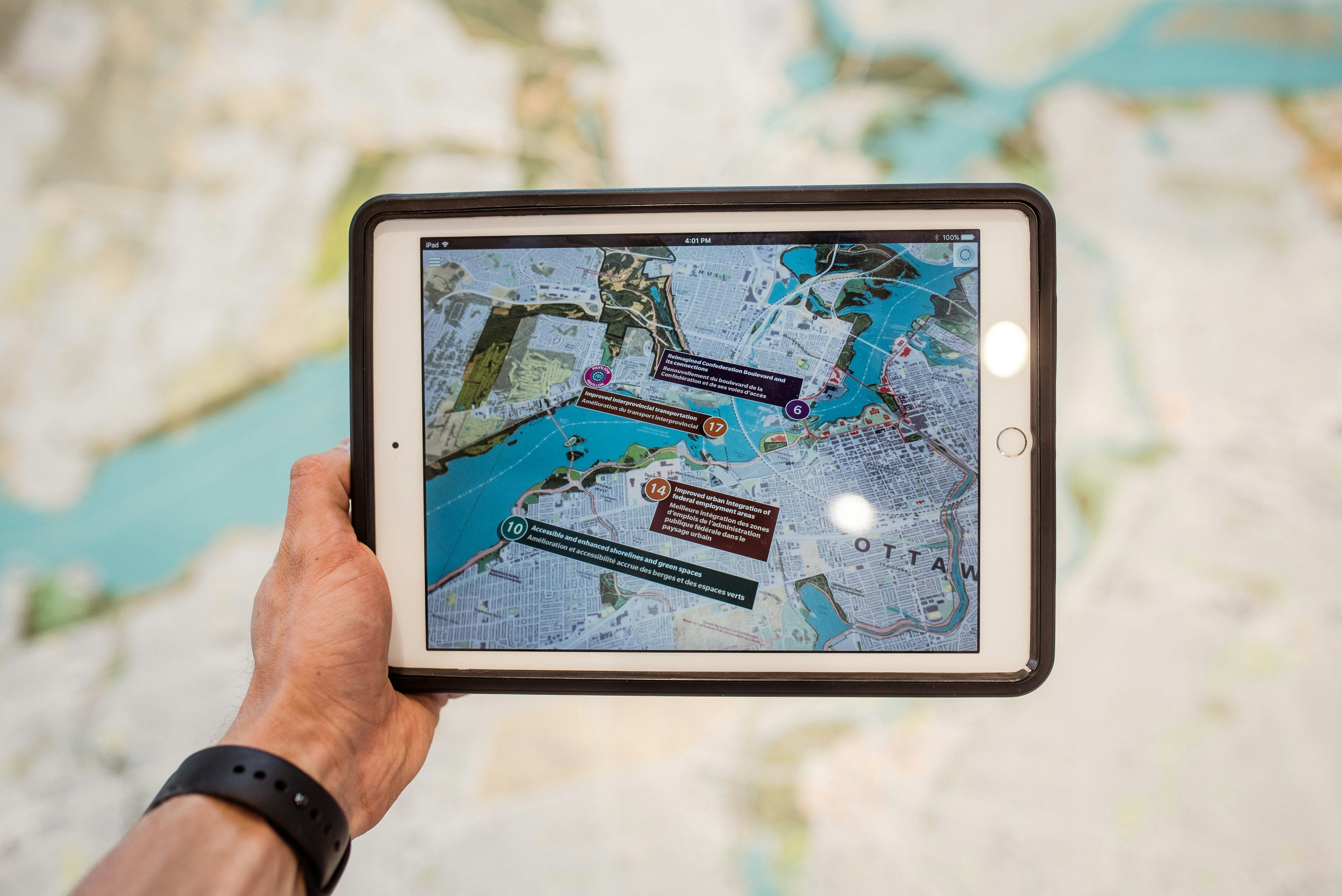The Role of Technology in Enhancing Traffic Flow and Urban Living
March 12, 2024 | by trafficmeet.com
Introduction
Welcome to Traffic Meet, a blog dedicated to exploring the complexities of traffic management and urban planning. Our goal is to provide valuable insights into the latest trends and technologies in transportation, offering information for professionals and enthusiasts alike. Through this platform, we aim to foster knowledge sharing and discussions on innovative solutions to improve traffic flow and enhance city living.
The Challenges of Traffic Management
Traffic management is a critical aspect of urban planning, as it directly affects the quality of life in cities. The ever-increasing population and the rise in the number of vehicles on the roads have led to congestion, longer commutes, and increased pollution levels. To address these challenges, it is essential to adopt innovative approaches and leverage the power of technology.
The Role of Technology
Technology plays a crucial role in enhancing traffic flow and urban living. Various advancements have revolutionized the way we manage traffic, making it more efficient and sustainable. Let’s explore some of the key technologies that are transforming the transportation landscape:
1. Intelligent Transportation Systems (ITS)
Intelligent Transportation Systems (ITS) encompass a range of technologies that utilize real-time data and communication networks to optimize traffic flow. These systems include traffic signal control, traffic monitoring cameras, and dynamic message signs that provide real-time information to drivers. By analyzing data and adjusting traffic signal timings based on traffic conditions, ITS helps to reduce congestion and improve overall traffic flow.
2. Connected and Autonomous Vehicles
Connected and autonomous vehicles are revolutionizing the way we commute. These vehicles can communicate with each other and with the surrounding infrastructure, enabling safer and more efficient transportation. By eliminating human error and optimizing routes, autonomous vehicles have the potential to significantly reduce congestion and improve traffic flow.
3. Smart Parking Systems
Parking is a significant contributor to traffic congestion in urban areas. Smart parking systems utilize sensors and real-time data to guide drivers to available parking spaces, reducing the time spent searching for parking and minimizing congestion. By providing real-time information on parking availability and pricing, these systems help optimize parking utilization and reduce unnecessary traffic movements.
4. Mobility as a Service (MaaS)
Mobility as a Service (MaaS) is a concept that integrates various transportation modes, such as public transit, ridesharing, and bike-sharing, into a single platform. By providing seamless and convenient access to different modes of transportation, MaaS aims to reduce private car ownership and encourage the use of sustainable transportation options. This integration helps to optimize traffic flow and reduce congestion in cities.
The Benefits of Technology in Traffic Management
The adoption of technology in traffic management offers several benefits:
1. Improved Traffic Flow
By utilizing real-time data and intelligent algorithms, technology helps to optimize traffic flow, reducing congestion and travel times. With better traffic management, cities can enhance the overall mobility experience for residents and visitors.
2. Increased Safety
Connected and autonomous vehicles, along with advanced driver assistance systems, contribute to safer roads by reducing human errors and improving reaction times. This technology has the potential to significantly reduce the number of accidents and fatalities on the roads.
3. Environmental Sustainability
Efficient traffic management reduces congestion, which in turn leads to lower emissions and improved air quality. By promoting the use of public transportation and sustainable modes of travel, technology can contribute to a greener and more sustainable urban environment.
4. Enhanced Urban Planning
The data collected through various technologies can provide valuable insights for urban planners and policymakers. By analyzing traffic patterns and behavior, cities can make informed decisions regarding infrastructure development, public transportation routes, and traffic management strategies.
Conclusion
Technology plays a vital role in enhancing traffic flow and urban living. Through the adoption of intelligent transportation systems, connected and autonomous vehicles, smart parking systems, and mobility as a service, cities can address the challenges of traffic congestion and improve the overall quality of life for their residents. Traffic Meet aims to be a platform for knowledge sharing and discussions on these innovative solutions, contributing to the advancement of traffic management and urban planning.
RELATED POSTS
View all

